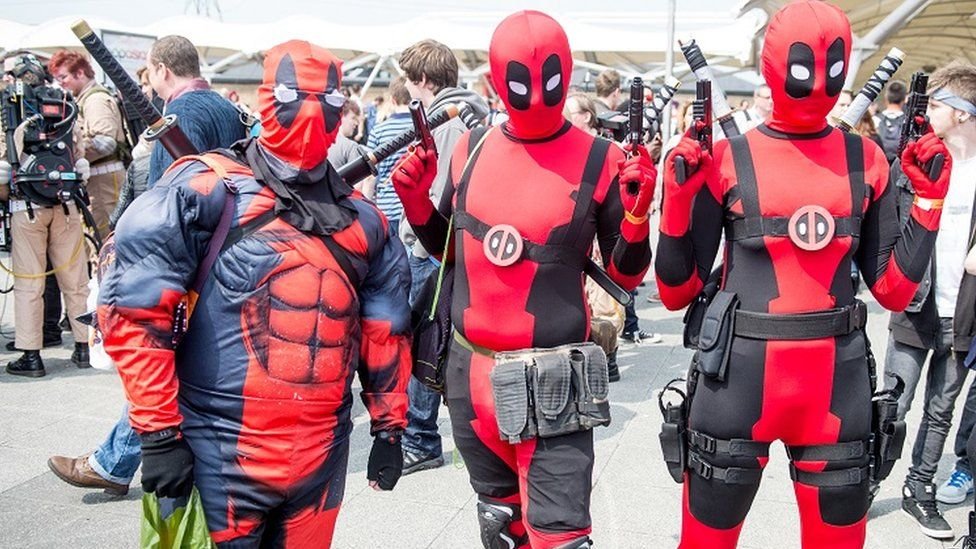A Hollywood mega-strike involving writers and performers is likely to grind to a halt the production of most movies and many popular television shows.
The last time members of the Screen Actors Guild – American Federation of Television and Radio Artists (SAG-AFTRA) walked out was in July 1980.
Back then, part of the row between members and entertainment giants was about profits from the sale of shows and movies made for cable television and videotapes, the New York Times reported at the time.
Forty-three years later, the new walkout – which joins an existing strike by writers – centres on similar demands relating to material made for streaming platforms and concerns over artificial intelligence.
Which movies are affected?
Cinemas in the UK and US will be relieved that all of this has come about while three major movies – Barbie, Oppenheimer and part one of Mission Impossible 8 – are already having their film reels loaded in.
But if the mega-strike rolls on for months then picturehouses could have problems, and viewers could be left with nothing new to watch, except for reality TV and live sport.
SAG-AFTRA said at a news conference on Thursday that the walkout will involve members on its 2020 TV and theatrical contract.
Some of the biggest blockbusters currently in production include Ghostbusters 4, Mufasa: The Lion King and Avatar 3 and 4, according to the Internet Movie Database. Meanwhile, the third Paddington movie, Paddington in Peru, was meant to start work later this month but producers may now need to stock up on marmalade sandwiches for the time being.
Among the productions in the UK that could be affected is Deadpool 3, starring Hollywood actors Ryan Reynolds and Hugh Jackman, who were recently pictured suited and booted for their roles. The third instalment of the Marvel antihero film franchise was due out in May 2024 but the strike could now change things.
Fans may also have to wait longer for other eagerly-anticipated movies like Tim Burton’s Beetlejuice sequel and a film adaptation of the musical Wicked.
Beetlejuice 2, due out in September 2024 starring Michael Keaton, Winona Ryder and Jenna Ortega, had just started filming in Vermont this week when the strike was announced.
But the big screen adaptation of Wicked, starring Ariana Grande and Cynthia Erivo, has been filming in the UK for months. The first of two films is released in November 2024.
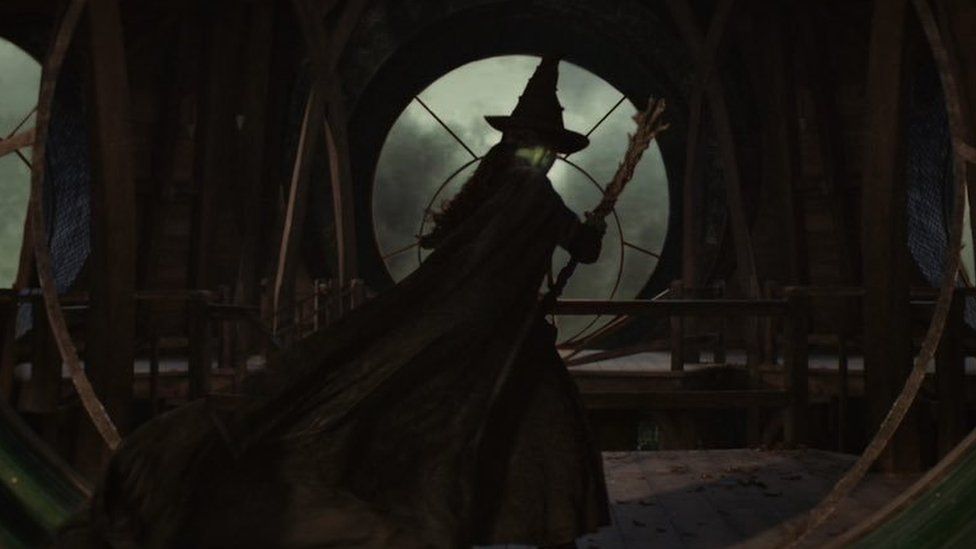
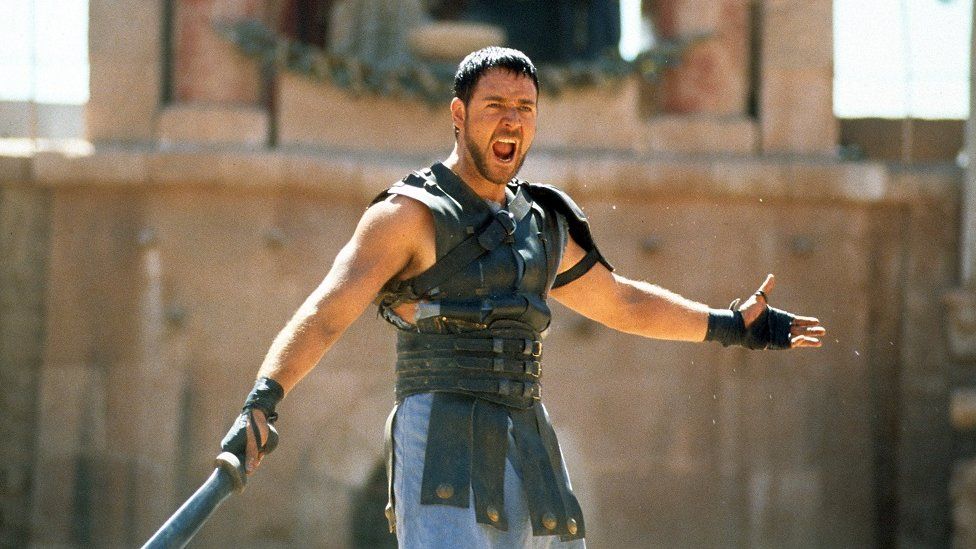
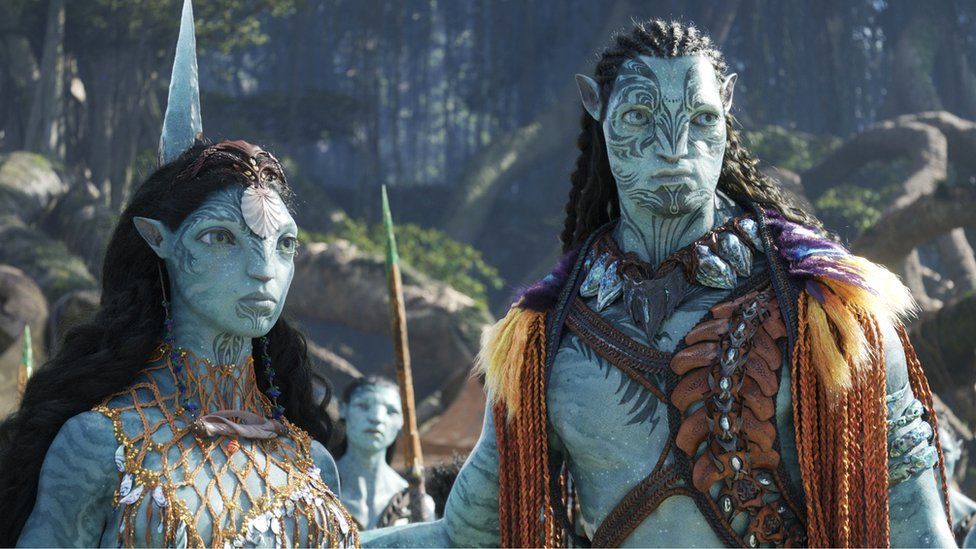
Overseas productions, like Paramount’s Gladiator sequel, starring Paul Mescal and Denzel Washington, are also expected to be affected.
The new Gladiator is shooting in Morocco and Malta – but with plenty of British crews working on the production team.
The strike also affects promotional activity. Upcoming releases due to hold promotional events like press junkets and red-carpet premieres include Disney’s Haunted Mansion (released 28 July), a new Teenage Mutant Ninja Turtles film (2 August), Sir Kenneth Branagh’s Agata Christie mystery A Haunting In Venice (15 September).
While writing for these projects is likely to be completed, the strike by performers will bring a stop to a large proportion of production work and cause havoc with scheduling.
The number of filming permits for feature films and television projects, including reality TV, in Los Angeles plunged 64% last week, compared to the same week in 2022, according to figures from FilmLA.
Are UK actors on strike?
Actors represented by SAG-AFTRA’s sister union, Equity, in the UK must continue to work as normal – the Hollywood strike does not apply to them.
Equity says “a performer joining the strike (or refusing to cross a picket line) in the UK will have no protection against being dismissed or sued for breach of contract by the producer”.
Even actors represented by both SAG-AFTRA and Equity may be required to work on projects being made in the UK, Equity said, due to UK employment laws.
What about TV shows?
In terms of TV, Warner Bros Discovery previously boasted about the minimal disruption of the writers’ strike to HBO projects like House of the Dragon series, filming in the UK, because scripts were complete.
Nonetheless, the strike by performers who are members of SAG-AFTRA means many fully written screenplays are now likely to be left sitting unused.
Series two of the Game of Thrones TV spin-off, with Matt Smith and Emma D’Arcy, could now face delays, as well as the second series of The Sandman, starring Tom Sturridge, and series four of Oscar-winner Gary Oldman’s Slow Horses.
It is believed side deals could be struck between guild performers and producers to enable certain projects to continue.
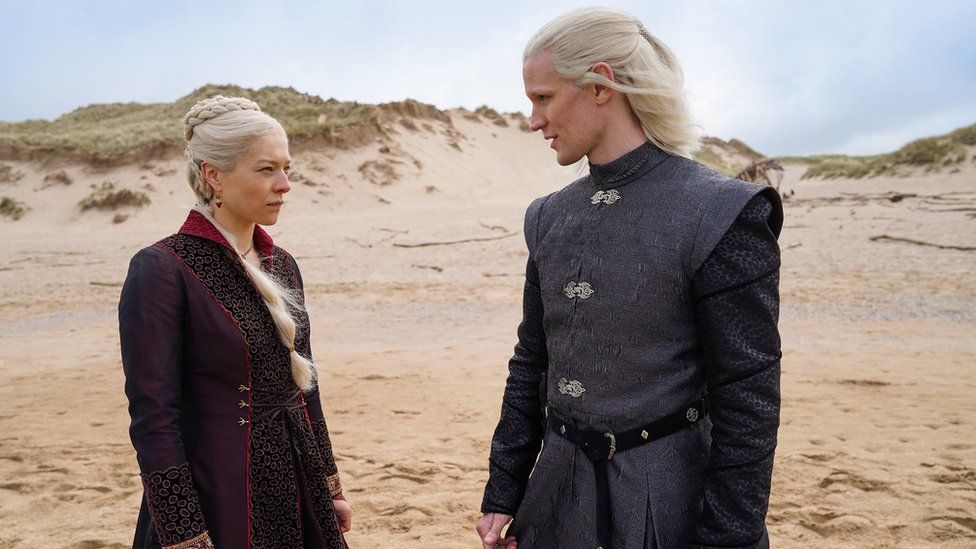
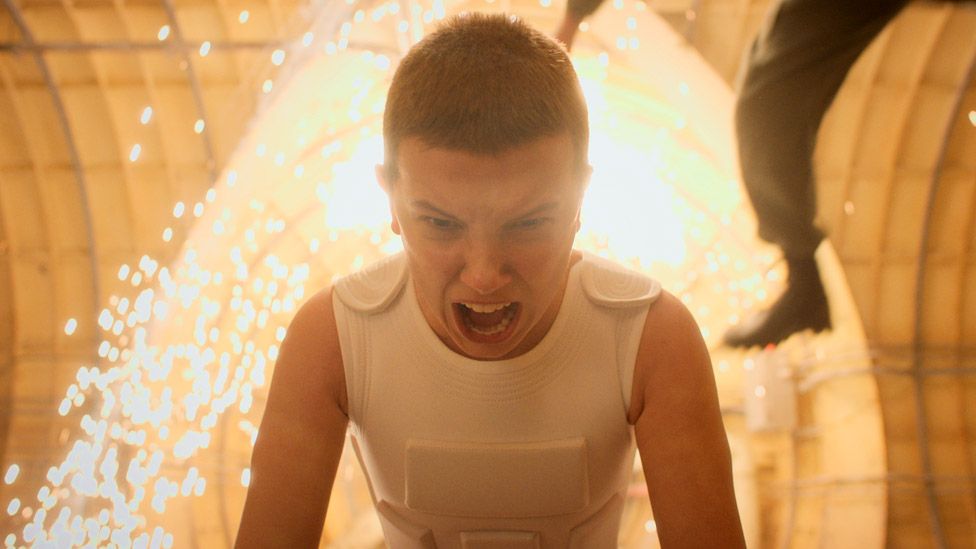
In the US, other TV projects expected to be in production this summer include the second series of the Night Court reboot and Chicago Med, Fire and P.D. on NBC, NCIS and Young Sheldon on CBS, and Family Guy and The Simpsons on Fox.
US networks have responded by expanding the amount of “unscripted content”, like The Masked Singer, The Amazing Race, Survivor and Kitchen Nightmares, in their fall schedules.
A number of TV series being filmed in the UK, including spy thriller The Day Of The Jackal, starring Oscar-winner Eddie Redmayne, and Stephen Graham’s boxing drama A Thousand Blows could also be affected.
Work on other big shows like Stranger Things, The Last of Us, and Yellowjackets had already been parked due to the parallel writers’ strike, as well as Saturday Night Live, but the actors’ strike means they are now double parked.
Forthcoming industry events, including the Emmy Awards and the Toronto, Telluride and Venice film festivals are likely to go ahead without any stars on display, if indeed they go ahead at all now.
What happens next?
As sound stages across the US and other parts of the world fall quieter as a result of the Hollywood mega-strike, meetings between the guilds and entertainment industry representatives will take place.
In 1980, during the last actors’ strike, the walkout lasted 10 weeks as the two sides at an estimated cost of that walkout was put at about $100m (£76m) by the industry, equivalent to about $370m today.
The last time both writers and actors went on strike together was in 1960 – when writers downed tools for 21 weeks and actors stopped work for six.
This time around negotiations could be even more protracted, with some actors urging their union to take a hard-line approach, according to industry bible Variety.
For their part, Hollywood employers and producers said they were disappointed by SAG-AFTRA’s decision, which they said dismissed a historic offer.
Responding to the strike, the Alliance of Motion Picture and Television Producers said it was “certainly not the outcome we hoped for as studios cannot operate without the performers that bring our TV shows and films to life”.
“The union has regrettably chosen a path that will lead to financial hardship for countless thousands of people who depend on the industry.”


